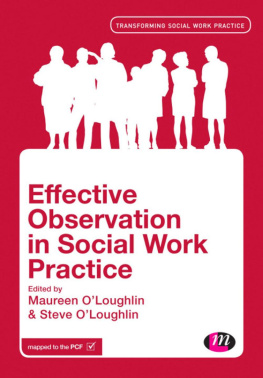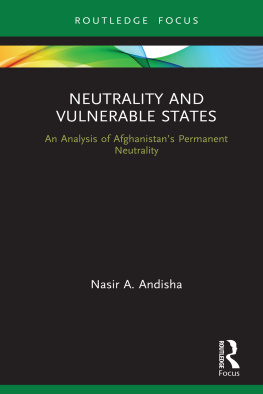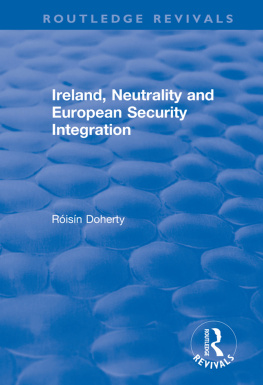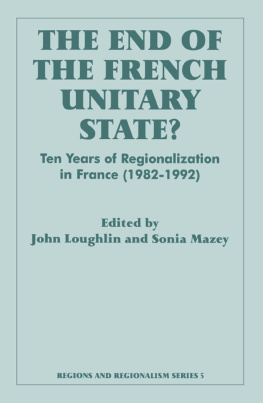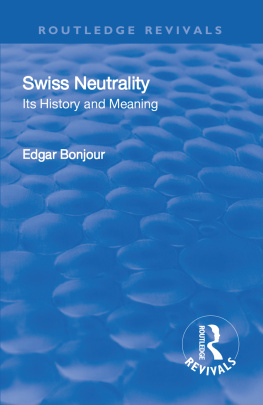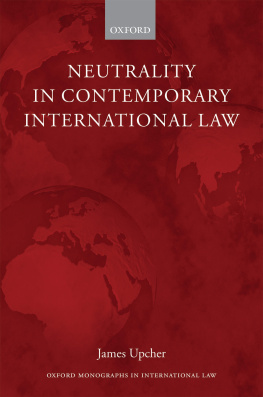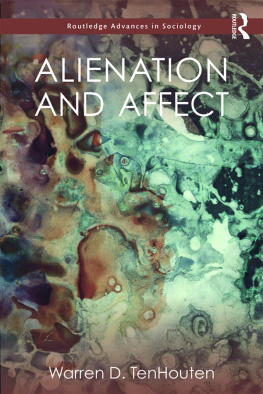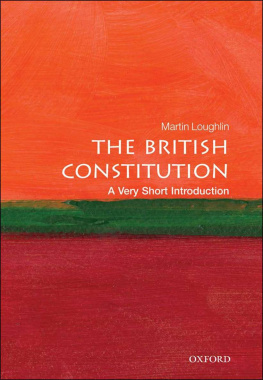This book is about a conception of rationality which is so pervasive that its profound influence is scarcely recognised. It determines the way we think about ourselves and our world, and what we mean by knowledge, progress, science and democracy. Even those thinkers who, believing themselves to be saying something radical, reject or attempt to problematise such notions as objectivity and rationality, are in fact thinking in terms dictated by the concept of reason whose logic I want to expose and reject. I will argue that this conception is alienating, meaning that it sets us apart, in a destructive way, from the world we know, and that it does so by causing us to ignore or devalue those subjective capacities which could enrich our awareness of that world. Thus it impoverishes both the rational subject and the world which the subject seeks to comprehend.
Its influence is by no means restricted to the fields of academic philosophy and science. The destructive concept of reason permeates individual consciousness and society at every level. It has profoundly affected the development of the modem, liberal democratic state. It is at the heart of the various, platitudinous expressions of moral relativism that are common place in contemporary societies, and it underlies the view, still popular in many quarters, that only value-neutral science can provide true knowledge. It frames the debate in all these areas, passing largely unnoticed and unexamined in the process. Even where it is subjected to criticism, the critics themselves will often seem not to have escaped its pervasive influence. In this work I attempt to explain this conception of reasoning, the effects it has had on the development of natural and social science, and its implications for our thinking about morals and politics.
Early twentieth century thought was dominated by a conception of rationality which sparked a re-evaluation of the nature and status of many traditional subjects. Even the traditional preserves of the philosopher metaphysics and epistemology were dismissed as consisting only of meaningless, irresolvable questions by strict empiricists seeking to sweep away all nonsense from what they perceived to be the House of Reason. The conception of rationality at work during this period might well be labelled the logical positivist (LP) conception and it consists in the restriction of what we can rationally claim to know to what can be derived from the empirically ascertainable data, including statements or theories founded on such data. Statements which are empirically verifiable provide the raw materials for science. Statements which are not verifiable are no more than sheer nonsense. Since the validity of the inductive principle itself cannot be established either through sense experience or by logic, the only reliable form of reasoning acknowledged by the strict empiricists was deductive reasoning. Thus, philosophers and scientists influenced by the ideas of David Hume concentrated on developing accounts of science (such as the Deductive-Nomological model, to be discussed below) which show that science does not depend essentially on what they deemed to be rationally indefensible inductive reasoning.
It is perhaps no surprise to us that logical positivists did not get very far in lending support to our ordinary common-sense statements about the world in which we live. Indeed, it must be clear that this was not their aim, for the Vienna Circle did not take its lead from the ordinary individual but, on the contrary, sought to take the lead itself in offering what amounted to a manifesto for setting to rights a somewhat fractious and confused post-war world. Reason, as they conceived it, was to be the driving force behind empirical science, whilst science itself was to provide the material means for progress. Thus, whilst science was elevated in standing, many of our most common-place convictions were undermined. The logical positivist conception of rationality would not sanction the idea that reason could determine such things as right and wrong, that it could be employed to help distinguish a good way to live from a bad way, or help demonstrate Gods existence. Even the most common-place assumption that material objects are really out there, independent of our will and perceptions, turns out neither to be justified by the senses nor evident to reason. What this particular strain of positivism did was to undermine many of the laypersons ordinary knowledge claims, denying that much of what many people tend to believe actually belongs to the class of rational (even meaningful) claims. In short, they sought to limit the contents of our world by casting out all beliefs that did not conform to one particular conception of the rationally justifiable.
Now, obviously, if it is the case that what we ordinarily believe is false, or unjustified, then in disabusing us of these errors the logical positivists would clearly be doing humanity a service. It is not enough to say we do, as a matter of fact, believe this or we want to believe that, thereby dismissing all those who criticise our rationality. Equally, however, we can ask those who are doing the criticising to tell us what their conception of rationality does allow us to believe: what alternative picture of the world are they presenting us with and is it coherent? If a particular conception of what is rational rules out the possibility of rendering our world coherent using reason then we can be forgiven for not taking seriously any criticisms founded on that conception. We might opt, instead, to revise our understanding of the concept of rationality itself. This would represent the beginnings of a legitimate response to the criticisms offered by logical positivists of some of our most cherished beliefs.
What I wish to suggest in what follows is that if we continually underestimate what the rational subject as such can achieve we can render the task of making our world cohere an impossible one. This is essentially what the logical positivists have done and, with regard to developments in the philosophy of science, the long-term results are becoming evident. The rationality of science itself has been questioned (it cannot meet its own stringent criteria; it cannot eliminate from its own house what it has deemed non-rational) and, in so far as the world has coherence, it is often thought to be only at the expense of its independence and uniqueness. Given such a



